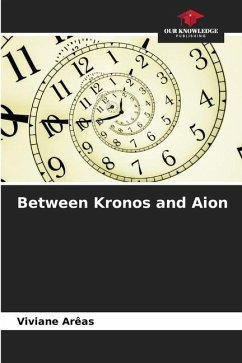This book was born as a proposal to think about the relationship we establish with time in the contemporary world through a dialogue between knowledge from the fields of mental health and philosophy. In the former, I highlight deinstitutionalisation, one of the most important themes in the field, as the device that triggers transformation in power relations, something that makes it possible to break the process of chronification. However, how do we promote deinstitutionalisation in the face of a chronifying context that paralyses not only those with long years of psychiatric hospitalisation, but also us professionals? How can we de-chronify in a time of chronification? Based on these questions, the figures of Chronos and Aion - based on Gilles Deleuze's reading - emerge as powerful bets for thinking about time and the clinic in deinstitutionalisation, so that we can establish more unique and ethical relationships with them.
Bitte wählen Sie Ihr Anliegen aus.
Rechnungen
Retourenschein anfordern
Bestellstatus
Storno








